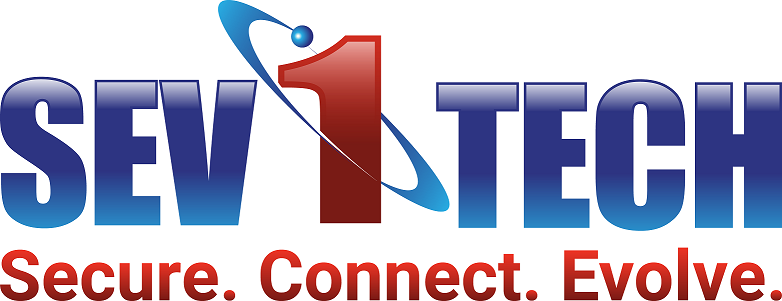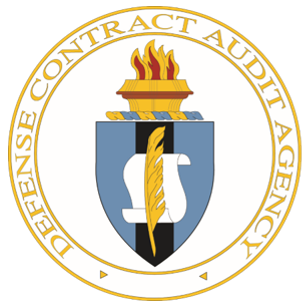Webinar
GovCon FedRAMP & CMMC in Practice
Are your FedRAMP and CMMC strategies keeping pace with today’s GovCon risk landscape? As federal...
Meeting stringent standards for everything from timekeeping to security, incurred cost, and more while efficiently delivering service to your contracts is why our software was built. Unanet is built around compliance, making it easy to pass audits without extra work.





Keeping your organization compliant has never been easier
Unanet’s comprehensive ERP solution, purpose-built for GovCon, comes outfitted with all the tools you need to ease the compliance burden and gain confidence that nothing will fall through the cracks.
Unanet eliminates the need for reconciling data between systems which makes it easy to segregate direct and indirect costs, charging direct and indirect labor, and exclude unallowables.
Unanet is recognized as the best DCAA-compliant government contractor timesheet.
Automate expense reporting that follows the strictest government guidelines from any device with our mobile and desktop solutions powered by a secure and reliable cloud.
We gathered everything we needed for our own compliance audits so you don’t have to.

Are your FedRAMP and CMMC strategies keeping pace with today’s GovCon risk landscape? As federal...
Balancing future opportunities with existing business while maximizing cost recovery is no small...
Your privacy settings have disabled the use of functionality cookies. Please enable them to listen to podcasts.